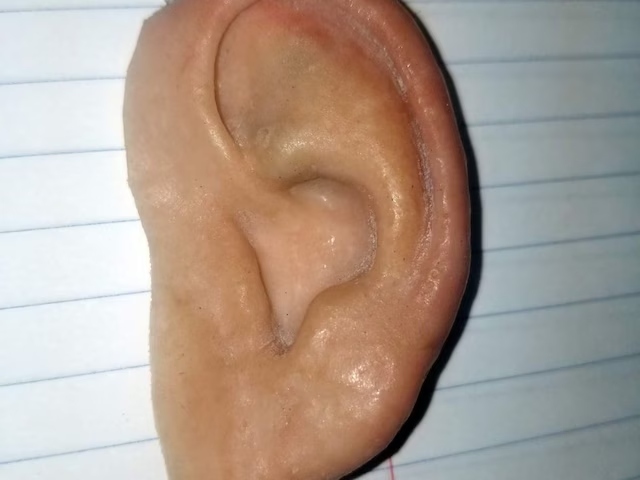The human body undergoes various changes from birth to death. Growth and development is one of the most noticeable changes in the human body. Even after the birth of a child, all the organs of the body grow. Some organs grow faster while others grow slower. But, four body parts don’t grow from birth.
Ossicles
After birth, the parts of the human body that do not grow are called ossicles. These are 3 types of small bones. These are located in the middle of our ears. They are about 3 millimetres in size. They are present in both ears. The ossicles continue to grow until a human is born. After birth, there is no growth. Their size remains the same until the human dies. In other words, there is no space in the ear for them to grow larger. It is a problem if they increase in size. Also, without them, we cannot hear properly and there is a risk of sweating.
Eyeballs
Eyeballs are the fourth organ in the human body that does not grow after birth. At birth, they are the same size and when they die they are also the same size. Even after birth, they reach their full size. The size of the head and brain increases but these do not. Except for these four parts, all other parts of the body grow with our growth. The heart is as big as our fist. Even when we cut things like our hair and nails, we do not feel pain. Touch is good for other parts of the body.
Teeth
Teeth are another part of the human body that does not grow from birth to death. Teeth are fully developed before birth and continue to grow until the age of 3. After that, the size of the teeth remains the same throughout life.
Eye Lenses
The eye lenses are also a part of the human body that does not grow. The size of the eye lenses remains the same from birth to death. As a result, the eye lenses cannot adjust to the changes in distance and shape that occur with age, leading to vision problems such as presbyopia.


